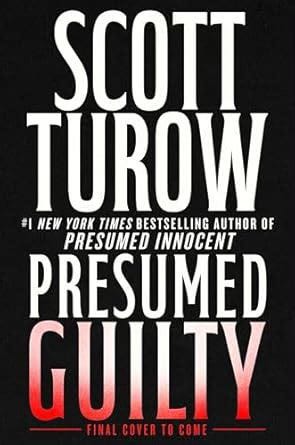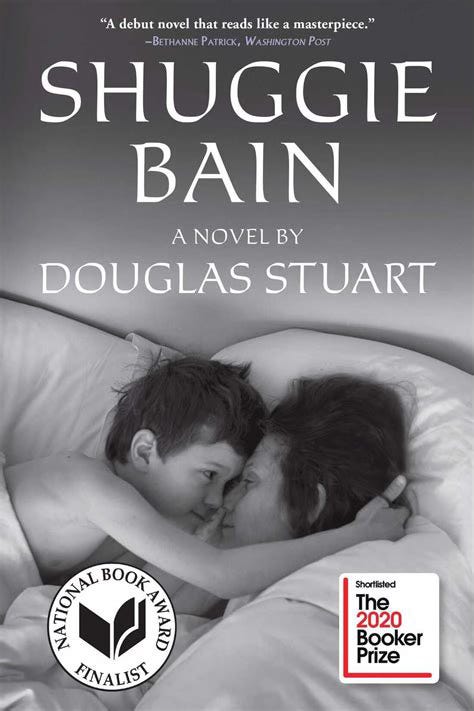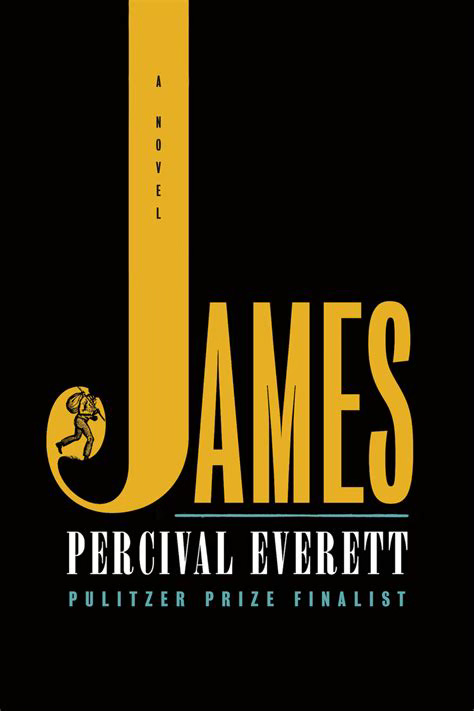The Unfinished Search: Research, Closure, and the Gaps that Remain
How much research is enough when writing memoir?
When I began the MFA in nonfiction at Goucher a few years back, one of the first assignments was to write a paper on where I was in my manuscript: How many completed chapters, how much research I’d finished and what other research I intended to do.
Never mind that a first draft isn’t nearly as close to the finish line as I had believed, I mistakenly filled in the research portion with something like “mostly complete”.
It’s true, I had already done years of research, nearly a decade, into my mother’s unsolved murder and everyone I could find willing to talk to me about who she was outside of the role of mother, and what they knew about her murder.
I had visited her grave, the apartment where she was murdered, the house we lived in prior, and the restaurant where she worked.
I’d squeezed detectives, calling every Friday for any updates, which I will tell you is absolutely unhinged for a three-decades-old cold case. I had multiple monster binders filled with documents and proof, notes from conversations, and pictures of everyone involved.
I’d already written and published a few essays in my mother’s (and her subsequent story) honor. It seemed, all I needed to do was put my rear in the seat and write.
But as I worked through my second draft - rereading scenes, the holes glared back at me. Not holes in the plot, but holes in the research. Questions I hadn’t asked, and it was clear when I spoke to the detective on the case, answers that weren’t accessible.
At the crux of my memoir, there lies the question: How much information do I need about my mother’s unsolved case to be at peace?
And I suspect most memoirists grapple with a similar question. Reconstructing the past is both enlightening and emotionally challenging. The search for facts can either validate or complicate our recollections, sometimes raising more questions than answers.
The need for information varies depending on the writer’s personal goals. Some memoirists, like myself, seek closure, wanting to confirm details so they can fully understand and process their experiences. Others may feel that excessive research risks overanalyzing the past, making it less about emotional truth and more about external validation.
And let’s consider diminishing returns. At a certain point, more information may not provide deeper insight, and the memoirist must decide when they have enough to tell their story authentically. Some details may remain lost to time, and accepting that ambiguity is often part of making peace with the past.
Ultimately, the right amount of research is what allows the author to write with confidence and integrity, ensuring they have explored enough to feel truthful while recognizing that no reconstruction of the past is ever perfect.
Last month, I finally found a missing suspect, still alive and still living in Baltimore. Years ago I had tried to find him - I knew his face and I knew his role but I didn’t know his name. Because my mother’s case is still open, Detectives aren’t always forthcoming with all the information. I get it, they don’t want me harassing anyone, or messing up their case - but thirty-six years later, what do they have to lose? At any rate, I found this man while searching a background information tool for someone else. AND, this never happens, but, of all the listed numbers and addresses for him over the past 20 years or so (some of the people involved in her case have been transient and difficult to pin down), I reached him at the first number I tried. AND, he was happy to talk to me, and accepted my offer to speak in person.
When I arrived, I pulled a few pictures of the outside of our apartment on the morning my mother was murdered. Yellow crime tape is stretched across the front lawn and there is a flock of detectives in suits and uniforms huddled together in conversation. Maybe two steps from the front door where my mother lie on the floor inside, was a man in a white t-shirt and red shorts, stocky arms folded across his chest. I always assumed he was a plain clothes detective, someone who stood guard outside the door documenting anyone who entered the scene, making sure protocol was being followed.
But when I showed him the photo’s, he said, “That’s the manager at Squire’s”, followed with his name, which I won’t share here. When I spoke to the detective the following morning, he said that he had never been questioned. A man who my mother worked for, standing outside of her apartment door the morning she’s found dead, was never questioned.
Luckily, the detective on my case is extremely responsive and goes out of his way to make things happen, which has dissolved some of my trust issues with the Baltimore County Detectives. He tracked him down within the day, and interviewed him shortly after, filling me in with not necessarily any earth shattering revelations. Just another small detail in her story that likely won’t make it into the memoir, but a meaningful one to me.
Keep Going,
Books I’m reading in February:











" At a certain point, more information may not provide deeper insight, and the memoirist must decide when they have enough to tell their story authentically."
Ah, yes, THIS.
I'm confident you're finding that balance between research and emotional truth. xo